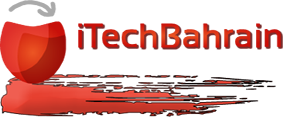
Google Search has just made a solid update to the dictionary tools, one of the many small features that make the search engine great, but which people rarely even notice.
In the latest update, the definitions box is now much more useful, providing use cases, for example, not just the dictionary entry.
Expanding the dictionary box provides more info such as the origin of the word and its use over time, powered by Google Ngram Viewer technology, obviously. For many words, a list of synonyms is provided as well.
It’s a worthwhile update, but most of the features have been available on specialized dictionary sites, which continue to offer some more advanced functionality missing from Google.
But the update underlines a much, much bigger change in how Google search works and how Google’s technology and know-how makes it possible for it to tackle problems in ways that few other companies can.
For example, the search giant can provide a history of the use of a word, because it has scanned millions of books for its Google Books project. It’s the only company in the world with this type of data, making it the only company in the world that can provide this type of analysis.
But it goes beyond that. One of Google’s big challenges in search is to understand meaning, to go beyond matching words, to understand what users are actually looking for and what words and concepts found online refer to.
That’s how the Knowledge Graph came about. The tool is still in the early stages and is already quite useful, making it possible for the search engine to disambiguate keywords based on context, past searches, and so on.
This knowledge Google is amassing is perfectly suited for finding synonyms, by simply analyzing huge bodies of text and finding correlations. That’s how Google Translate works, for example.
In the future, don’t be surprised if Google starts providing you not only with synonyms but also with word definitions based on algorithms and machine learning, nothing else.
 iTechBahrain Information Technology Digital Marketing Web & Mobile Development Services
iTechBahrain Information Technology Digital Marketing Web & Mobile Development Services